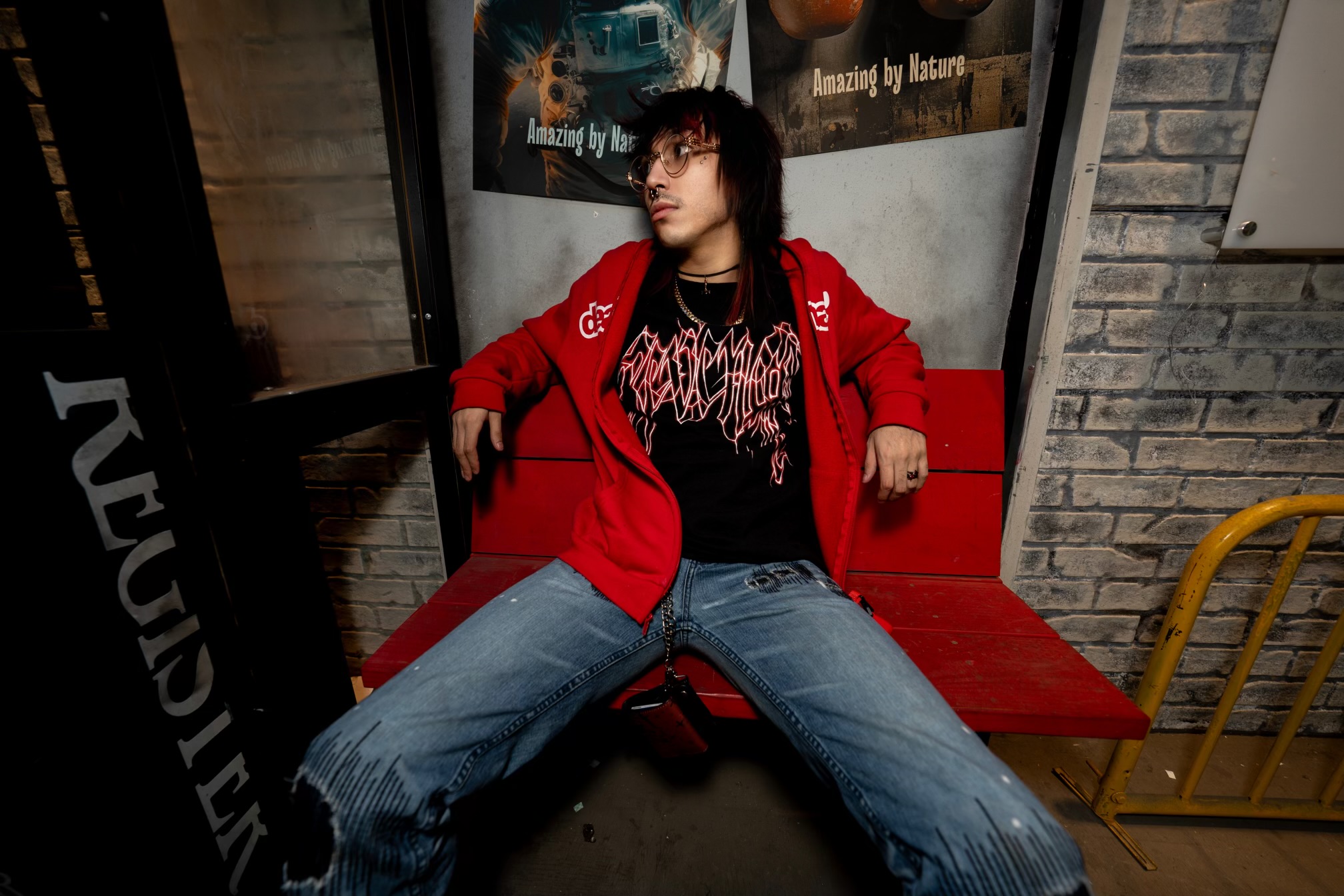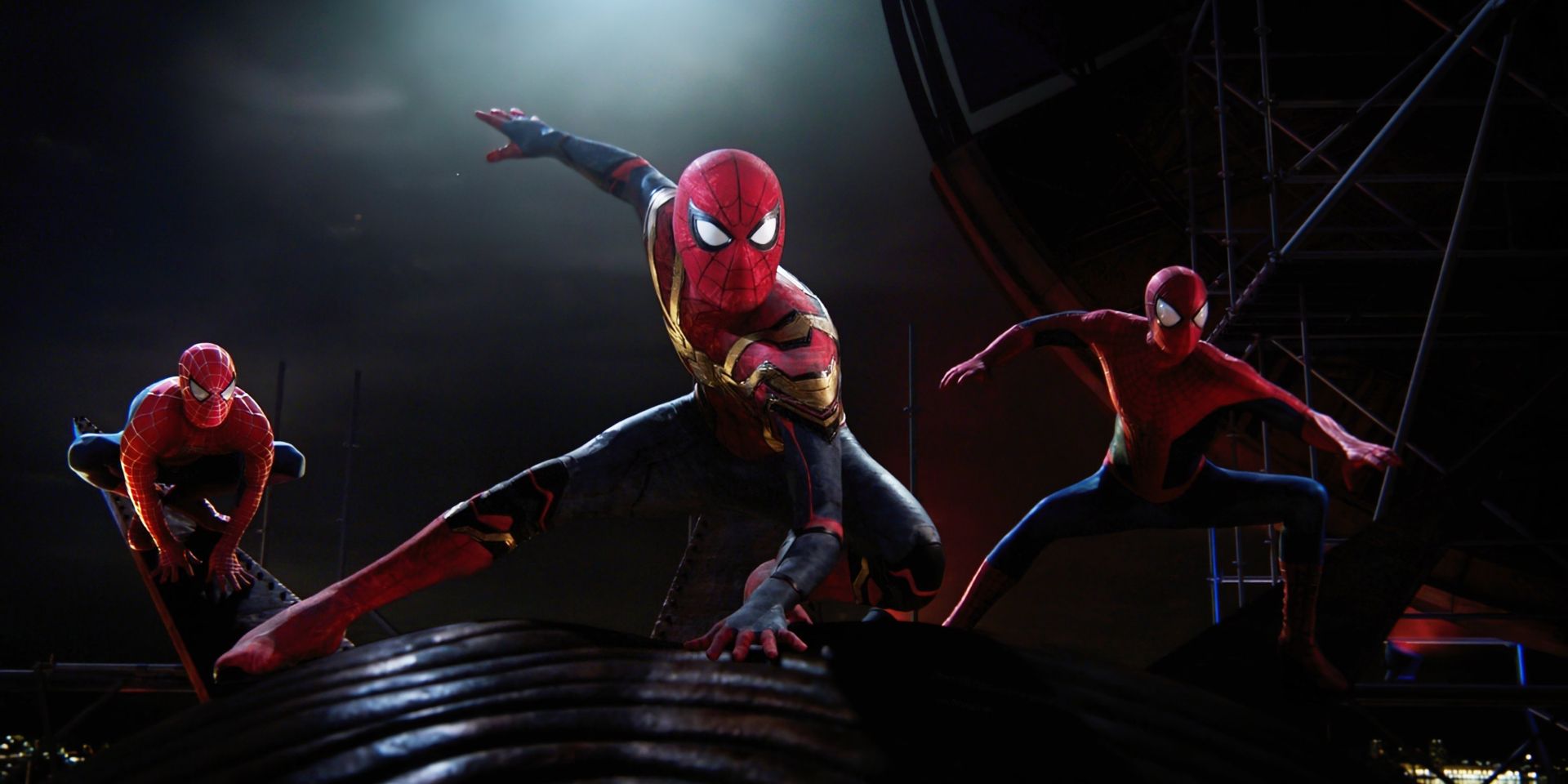The Marvel Cinematic Universe's first three phases were an origin of sorts to the many worlds in this franchise and the character that would inhabit them. But now that the foundations have been set and certain characters have reached a veteran status regarding how long they've been in the role, Phase Four has promised expansive tales. From Eternals to Doctor Strange in the Multiverse of Madness, the many shows and films have shown distinct styles in tone, cinematography and director vision. But despite this uniqueness, Phase Four's core theme is similar to the Fast & Furious series.
Since the first film, the Fast & Furious franchise has always used the theme of family to push the series forward; whether a friend or an enemy, the characters in these films have extended an opportunity for anyone to be accepted and join Dom Torretto's found family. While the MCU hasn't totally borrowed this practice, it's shown in its own way the importance of family. The first example of this, WandaVision, made family the backbone as Wanda Maximoff created a world and family to make up for the one taken from her. However, Black Widow represented the idea of found families and how, even though they aren't perfect, they are important nonetheless.
While family often gets tied to the concept of togetherness and acceptance, the MCU has also shown how familial bonds could break down over time and forge something even stronger. That was best showcased in Eternals when Ikaris betrayed his family, but Sersi learned to forgive and take responsibility. Sprite was even given a chance to be human and was still accepted by those she lived with for centuries. And while that film's connections to the larger MCU aren't known, those themes of familial forgiveness may be seen again in the future with other characters.
Found families have also become incredibly important since The Guardians of the Galaxy first introduced the idea. For example, in Hawkeye, Kate Bishop found that she was all alone when her mother ventured into criminal activity. But Clint, who was trying to be there for his own family, took her in and accepted her as a friend. Friendships turned family also appeared in Loki and Shang-Chi and the Legend of the Ten Rings, where the property's heroes had to find a semblance of acceptance with those that didn't raise them.
Part of what has made the concept of family so important in this phase of the MCU was because it actively contradicted what got loosely implied in the earlier phases. While each hero had a support system through their friends, they almost always had to handle the final threat on their own. But in this phase, each hero has taken on the enemy with people they trusted. A great example of this was the three Peters in Spider-Man: No Way Home, who proved that no one person should shoulder the rigors of the world alone.
The newest phase of the MCU has continued to show its expansive worlds through its new and colorful heroes. But unlike what came before, its protagonists have displayed a greater capacity for teamwork. It's an important lesson for people to follow, as it's so easy to divide. While the Fast & Furious films helped introduce the concept of a family being everything, the MCU took it a step further and proved that a hero is nothing without a family to lean on.


-(1).jpeg)
